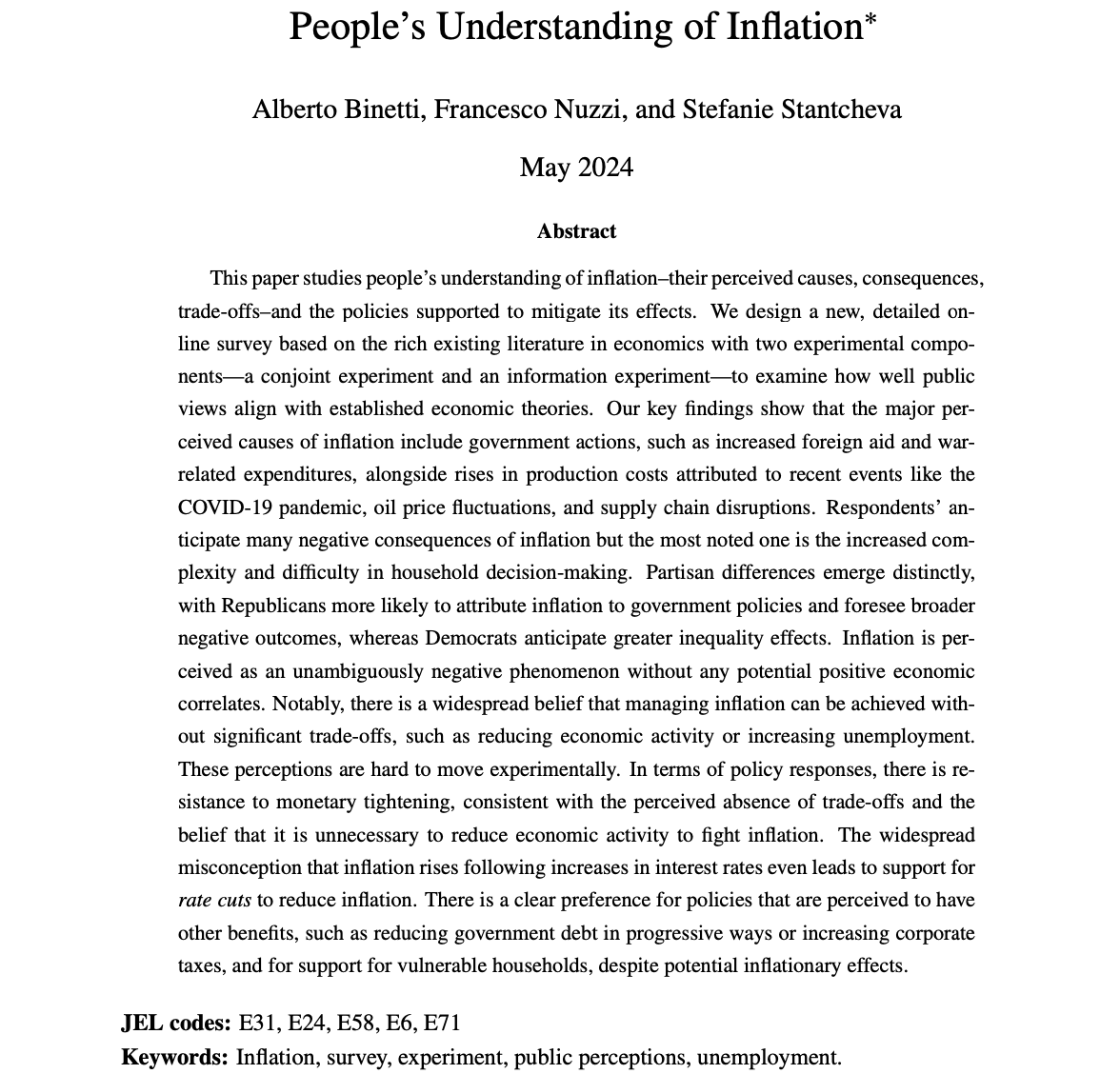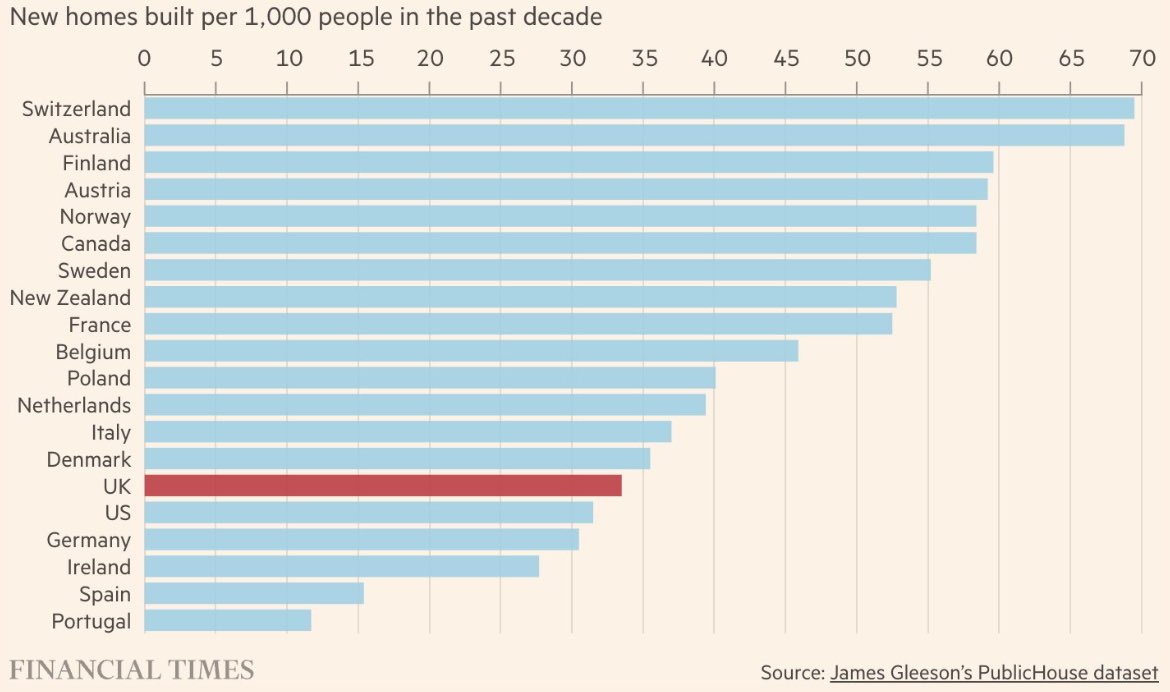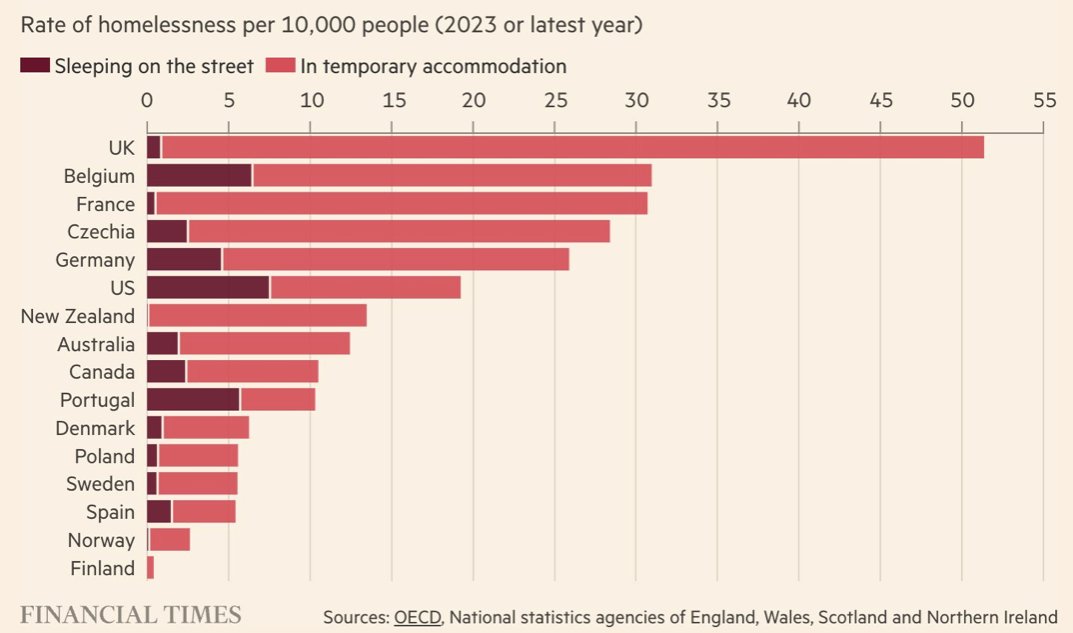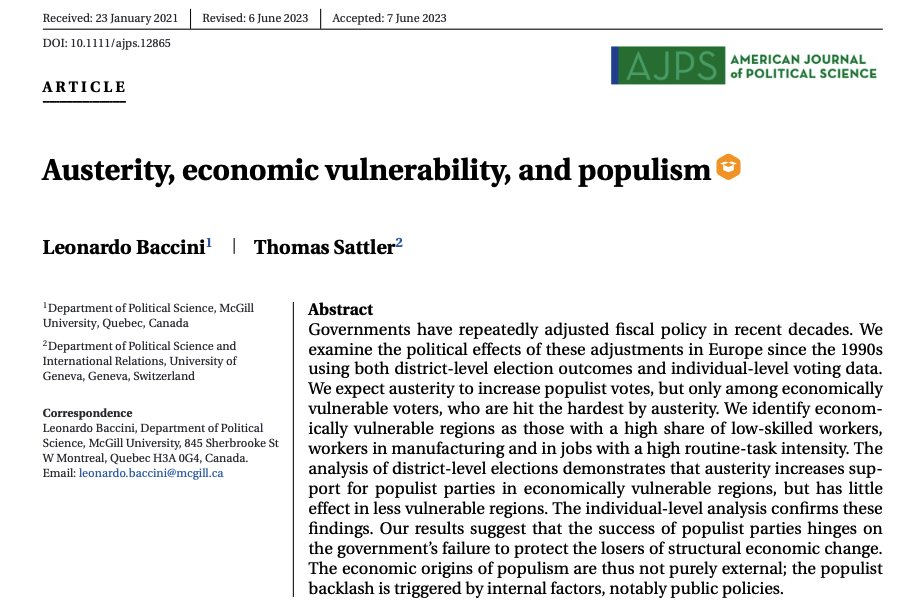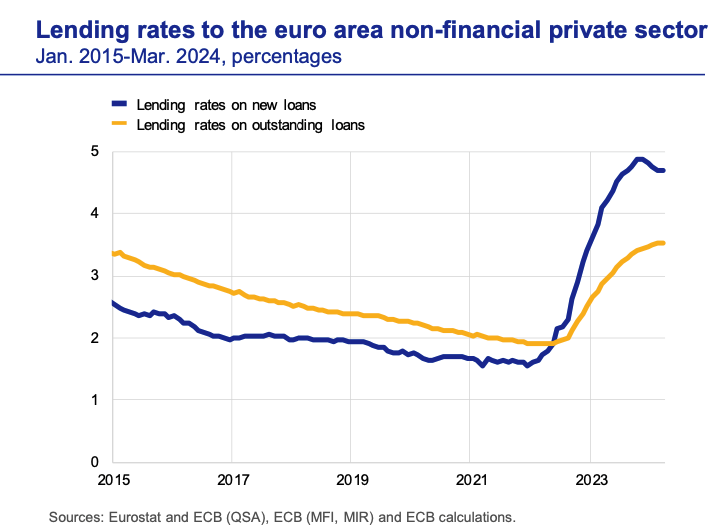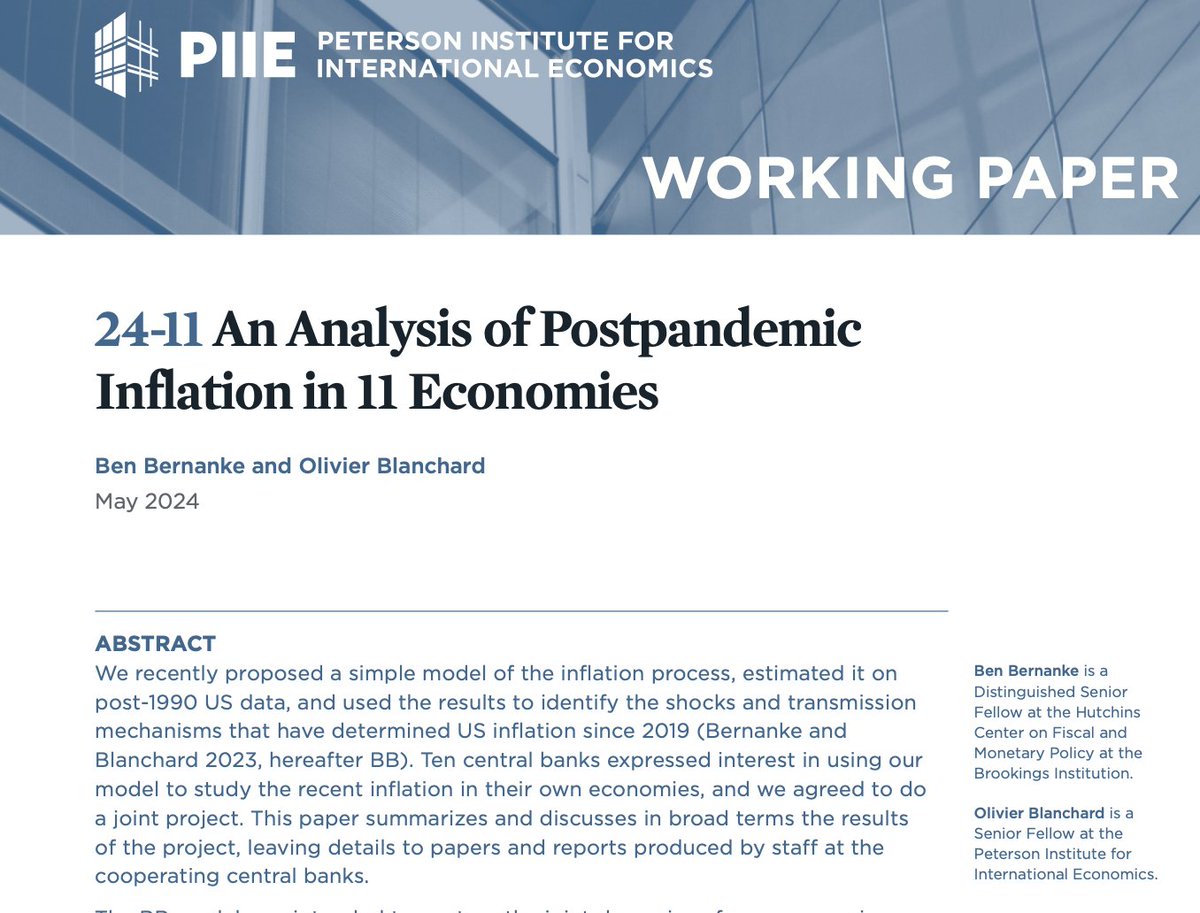
Philipp Heimberger
@heimbergecon
Researcher, Vienna Institute for International Economic Studies (@wiiw_ac_at); macroeconomics, economic policy, public finance, political economy.
ID:765430697041461249
https://wiiw.ac.at/philipp-heimberger-s-1138.html 16-08-2016 06:11:13
11,4K Tweets
59,4K Followers
772 Following
Follow People





Wages in the €zone typically react to headline inflation with a lag. As headline inflation has recently fallen strongly, we must also expect wage growth to fall markedly.
via Ángel Talavera



Wages in the €zone typically react to headline inflation with a lag. As headline inflation has recently fallen strongly, we must also expect wage growth to fall markedly.
via Ángel Talavera










